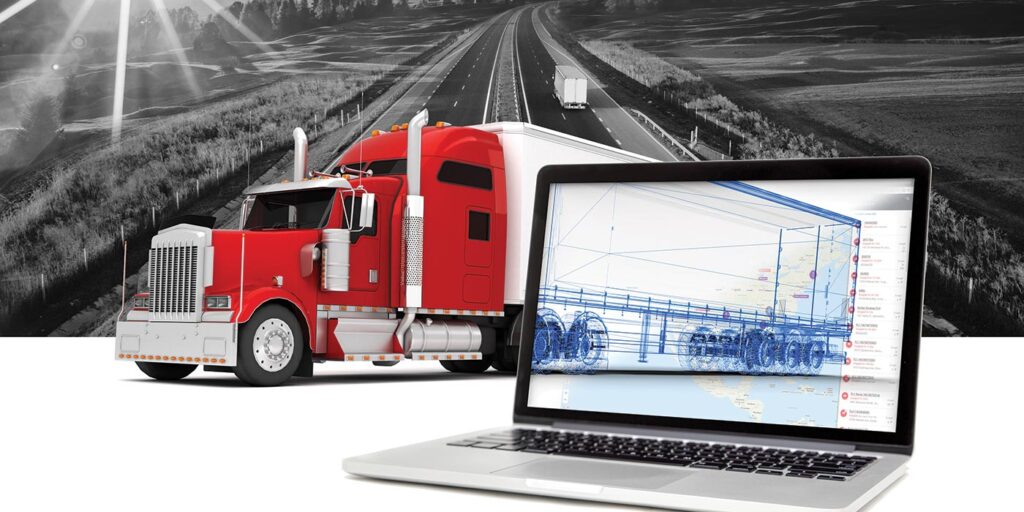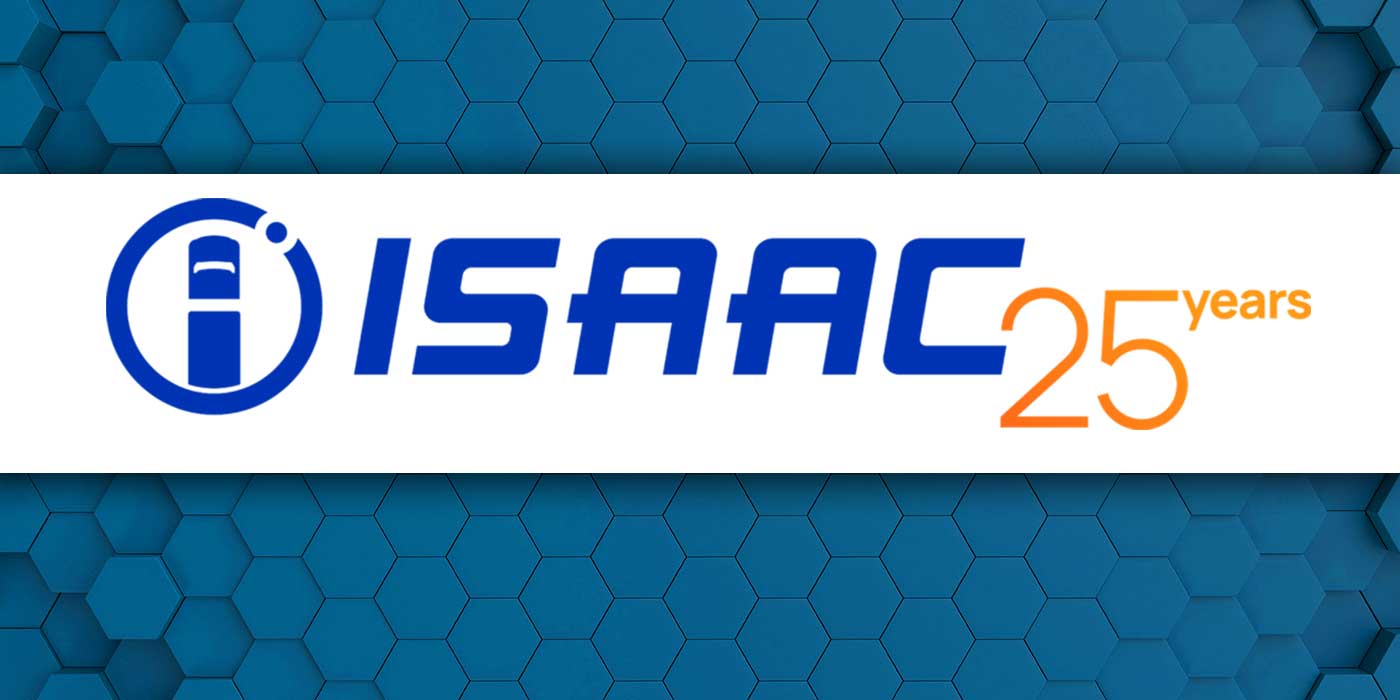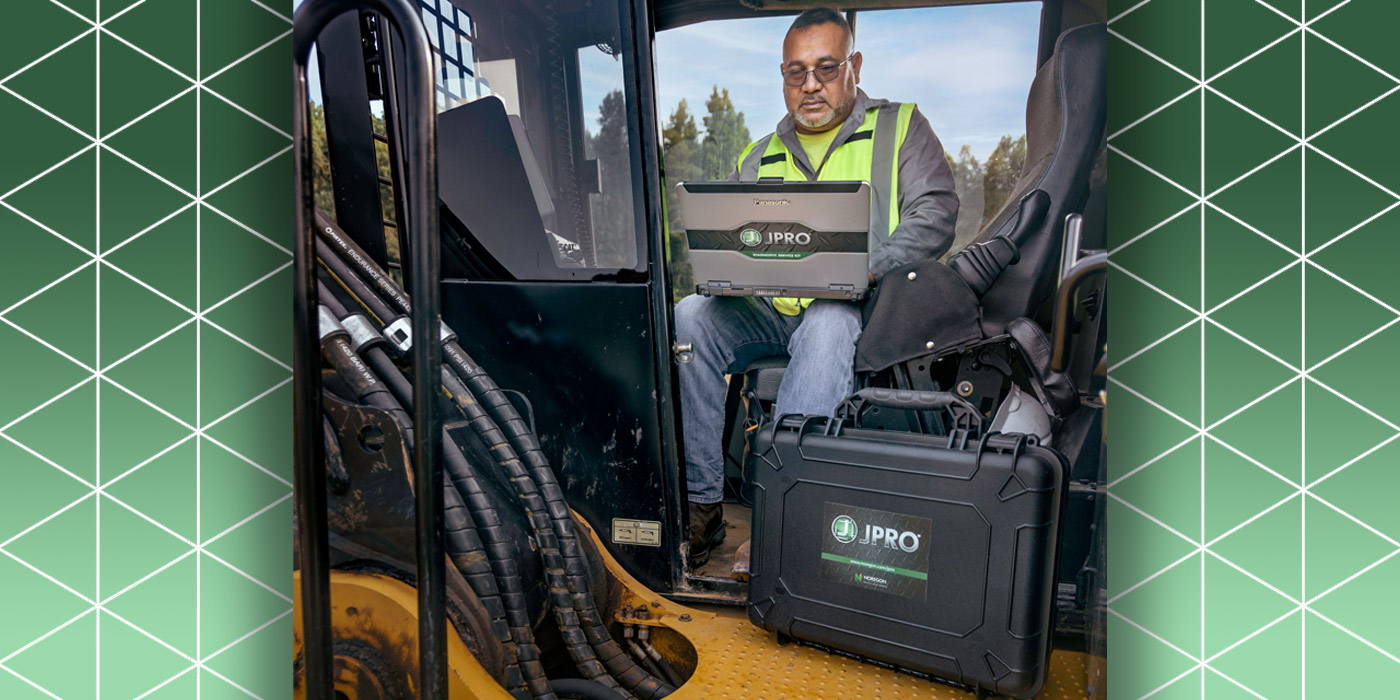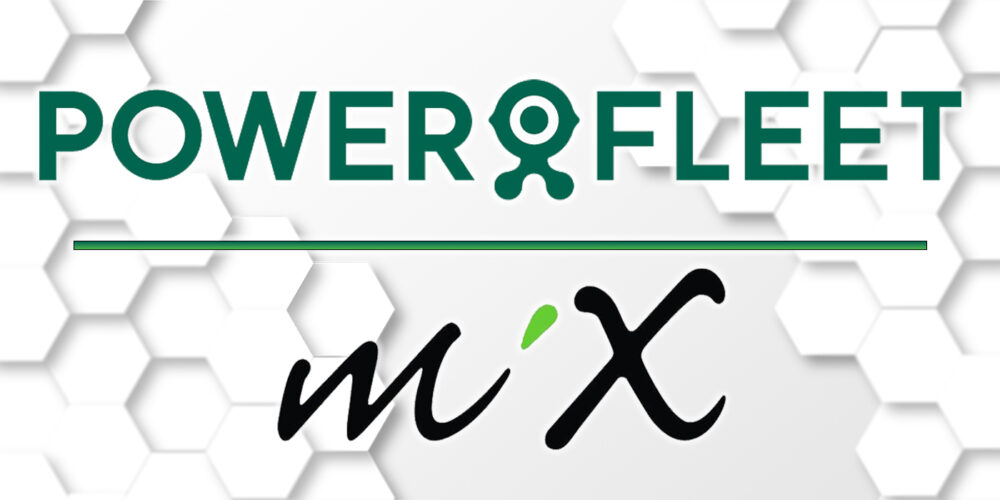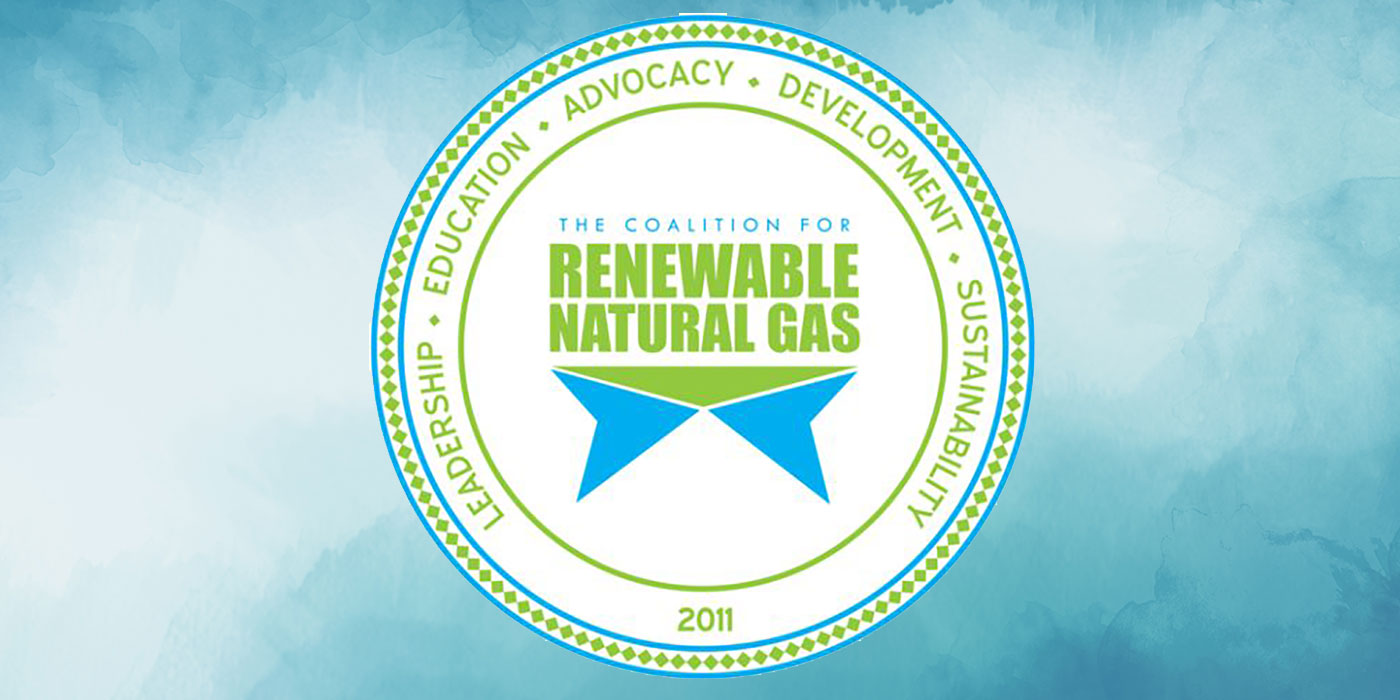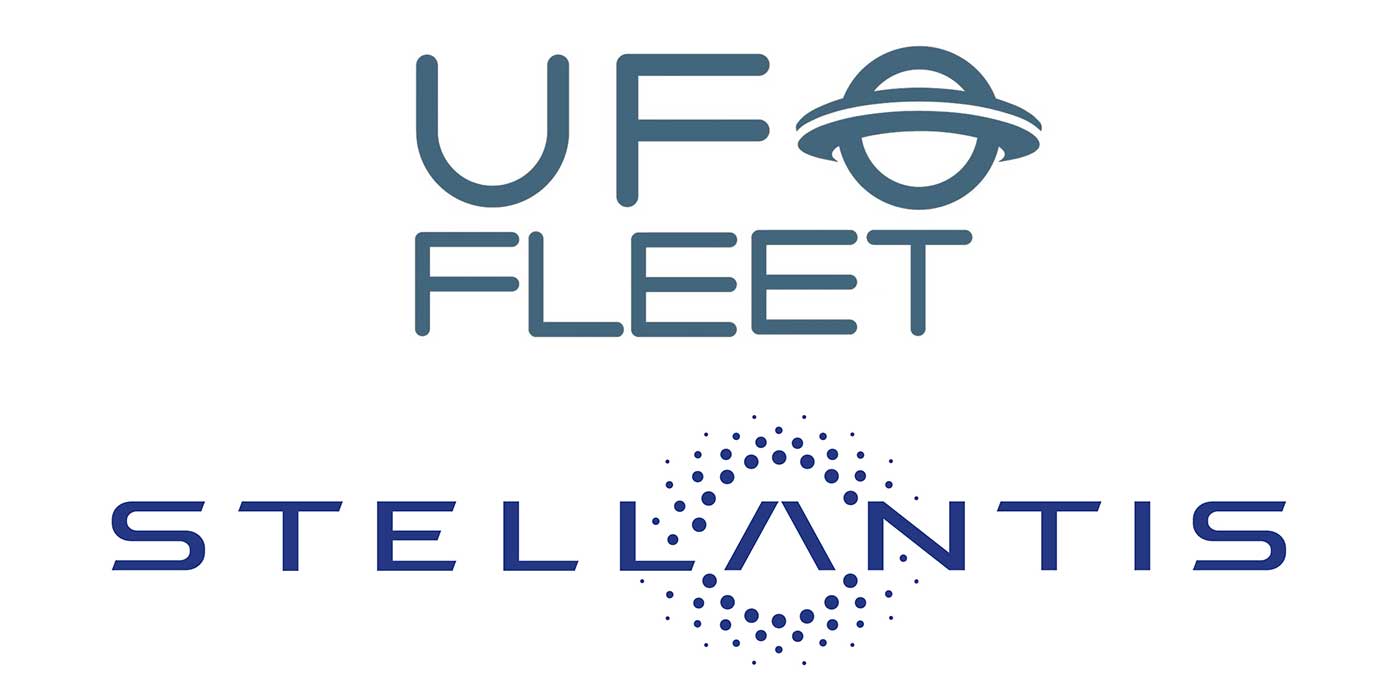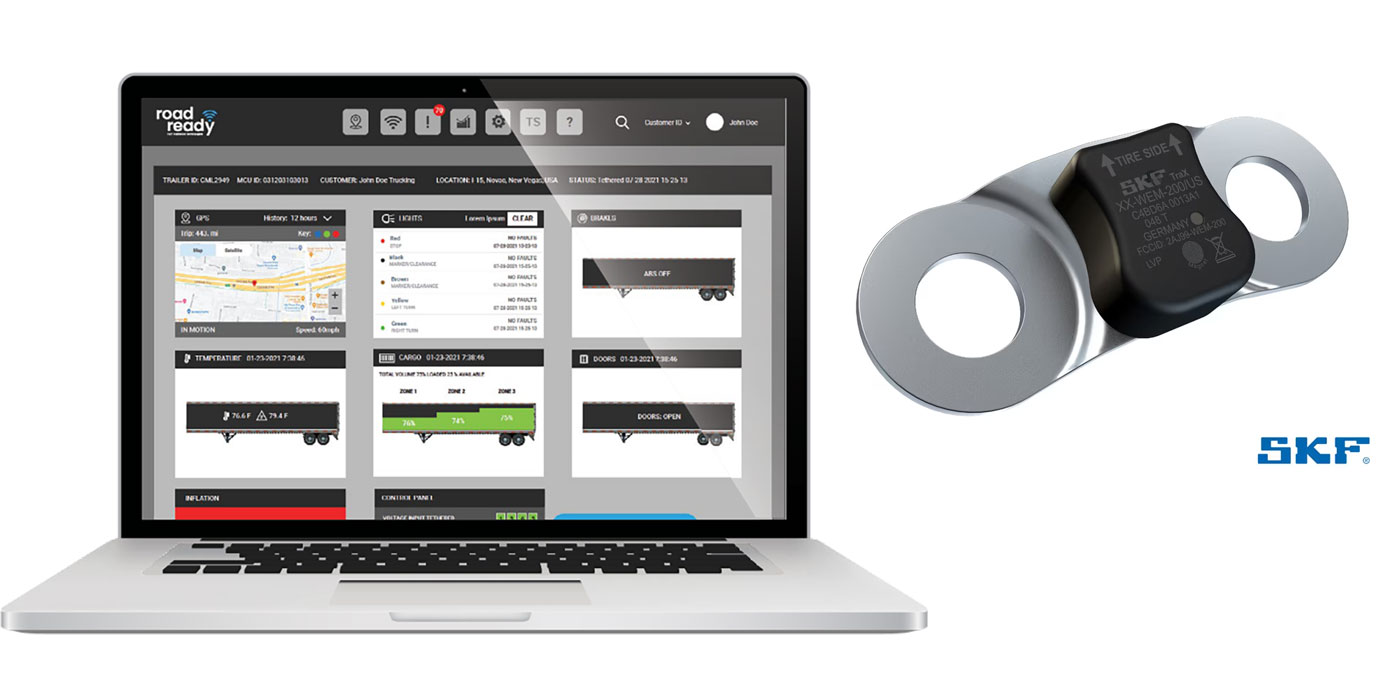There’s a cautionary tale told in whispers at fleet industry events of a fleet manager who was plagued by the problem of lost trailers. No matter how hard he tried, he couldn’t seem to keep track of his cargo carriers. Where were they? Were they loaded? Unloaded? Maintained? These are the questions he mumbled to himself as he walked his trailer yard late at night, a long list of serial numbers illegibly scrawled on the crumpled up piece of paper clutched in his hand, as fleet management madness took hold of his mind.
No fleet manager wants to be that guy, but it happens more than most would admit.
“The problem is extremely prevalent,” said John Krumheuer, president of transportation, Spireon, the vehicle intelligence company that provides visibility and insight from connected assets. “Shippers are busy packing merchandise and many are short-staffed. They don’t have the time or the resources to keep the trucking companies updated, in a timely manner, regarding when the trailer is loaded and ready for pickup or where the trailer is empty and ready to recover for a backhaul or another load.”
You probably already know where we’re going with this. That’s right—you can keep track of your trailers, loaded or unloaded, thanks to increasingly intelligent smart trailer technology. We’re not just talking GPS coordinates, but actual trailer utilization usage analysis that highlights revenue and increased utilization opportunities.
“Delays impact so many aspects of a trucking company’s business,” Krumheuer said. “They cut into their utilization of the trailer with higher dwell time, which inadvertently forces the trucking company to have to buy, lease or rent additional trailers.”
Not so for companies that leverage cargo-sensing trailer telematics offerings, like Spireon’s IntelliScan Cargo sensing solution that incorporates in-trailer camera optical imaging with time-of-flight laser technology that can accurately detect cargo load, according to Krumheuer. He went on to note that when fleets implement this kind of system, they do so across their operation so that when a trailer is ready for pickup and the fleet can see the trailer is loaded, dispatch can send the driver to where the trailer is waiting in a timely manner.
“It all starts with the driver, because as a wise person told me years ago, ‘I’ve never seen a trucking company operate without one,’” Krumheuer stressed. “Those wasted hours of waiting or wandering your yard to find the right trailer directly impact driver satisfaction and retention.”
Talking about new technology that solves fleet problems is easy; implementing it effectively is another issue. So here’s a rapid-fire rundown of Krumheuer’s advice to make new solutions work for your fleet.
New-to-you technology
As more offerings come into the trailer telematics arena, it’s not just new users that are getting into the game, but established fleets who are flipping switches on new solutions that scratch their particular itch.
“A large portion of our business are fleets that have never had trailer tracking. On the other hand, another portion of our business is removing other competitive systems, based on inaccurate data they’re receiving,” Krumheuer said and noted that, in round numbers, Spireon sees around 60% of large enterprise-sized fleets having adopted some type of trailer tracking product, whereas small to midsize fleets are in the mid 20% adoption rate.
“There are definitely tremendous tailwinds driving adoption today,” he said.
Know you’re not alone
While the problem you look to trailer telematics to solve might be relatively unique, your implementation of that technology is not. The biggest advice when implementing a new system is to lean on your solutions provider to help guide you through the onboarding process and establish best practices to get the most out of your shiny new system.
“We have a phenomenal support team that is there to help guide them and teach them and coach them at any time to be able to leverage the tool,” Krumheuer said.
But fleets are not immune to the labor shortage, and we’re not just talking about drivers.
“Fleets want to do these things, but they don’t have the team to be able to drive that adoption,” he said. “So we came forward this year with a Managed Services offering. We have experts that have large pedigrees of working in transportation, trucking firms and managing trailer pools that help our customers manage their trailers and analyze the data.”
Don’t be afraid to ask for help. Whether it’s a helping hand or a full-blown service, you’re paying for the technical assistance when you pay for the telematics solution.
Bring what you’ve learned in tractor telematics to trailer telematics
In many ways, you’ve been through the telematics transition before. The ELD mandate forced your hand on the tractor side, now you can bring that understanding to the adoption of trailer telematics.
“Trailer telematics, today, reminds me of working in the telematics truck sector,” Krumheuer said. “When I first started in my career, the biggest return on investment with tractor telematics was that you could see where your truck was and you could send a message to the driver and the driver could message you back. Then there was an evolution with fuel efficiency improvement and integration into operational software. I see trailer telematics in the exact same light. It’s more in its infancy stages, but it’s growing very quickly into the teenage years, if you will.”
The idea is that the solution you’re looking for today will be different from the solution you need tomorrow. So after you’re satisfied that your provider of choice can meet your needs, you need to ask them, “What else are you working on?”
Krumheuer rattled off several answers from the Spireon perspective:
“We have a volume metric sensor that will be coming out that will be able to tell you how much more volume you could put in to optimize the trailer load. Tire pressure monitoring intelligence will allow you to be able to understand what your tire pressure is and what heat level those tires are at. There are a host of other sensors that allow that fleet not just to track where a trailer is, but be able to solve complex problems. If you’re just looking just to track trailers, in my opinion, that’s an outdated focus because there’s going to be a continued evolution of the technology.
“You want to have a provider that can scale with your needs as they change,” he concluded.
Taking the next step in trailer telematics
The smart trailer space has boomed in the past year. In fact, it was our TMC Fall Meeting 2021 top trend of the show. Here are some helpful trailer telematics stories that can help you find the right solution:

